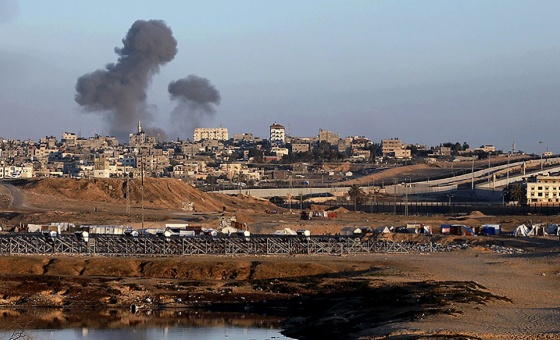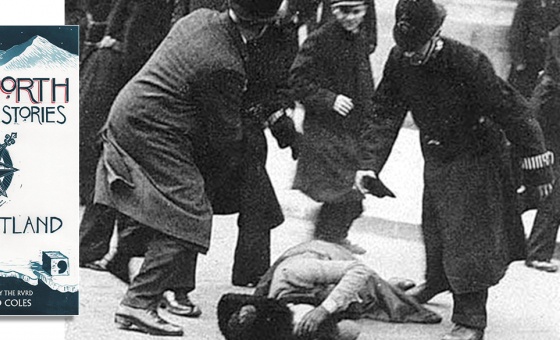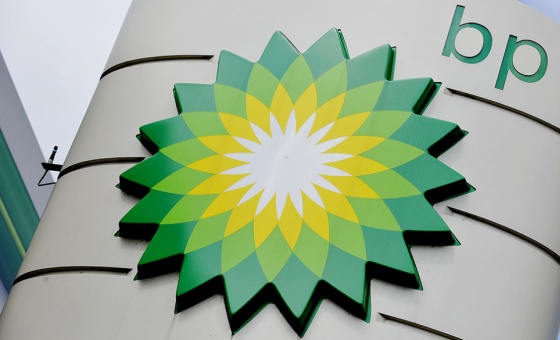This is the last article you can read this month
You can read more article this month
You can read more articles this month
Sorry your limit is up for this month
Reset on:
Please help support the Morning Star by subscribing here
THE more that comes to light about the nefarious activities of the big four banks, the more extraordinary it is that these banks demand a return to business as usual (which caused the financial crash in the first place).
They continue to fight back against any reforms of a dysfunctional finance sector, feeble though these measures are.
They show not a scintilla of remorse or apology for the decade of disaster they’ve imposed on ordinary people and the economy as a whole (remember Bob Diamond’s infamous comment: “It’s time to move on,” as though nothing had happened) and have never been held to account by prosecutions of the chief executives, finance directors and other executives responsible.
This is all the more staggering when what has now been revealed is the enormous extent to which all four banks not only indulged in, but actively promoted, tax evasion and avoidance on an industrial scale.
Barclays has 385 subsidiary companies in tax havens (36 per cent of all its subsidiaries), HSBC has 550, Lloyds has 290 and RBS has 404.
If that were their only wrongdoing it would be bad enough, but these huge financial conglomerates are utterly shameless. The charge sheet is a long one.
For Libor-rigging, which has contaminated pricing of £36 trillion worth of financial transactions across the world, Barclays has been fined $453 million in the US, HSBC $1.9 billion, Lloyds $370m and RBS $612m.
For rigging the foreign exchange market, Barclays was been fined £500m, HSBC £236m and RBS £400m.
For the payment protection insurance (PPI) scam on which they all fed, Barclays has now been forced to set aside £2.6bn in compensation, HSBC £1.5bn, Lloyds £6.7bn and RBS £2.2bn.
For the small business interest-rate swap swindle it perpetrated, Barclays is now being forced to pay redress to 2,900 businesses and RBS to no less than 7,330 businesses.
In addition, they’ve all been indicted for malfeasance in the US, with Barclays fined $300m for sanctions-busting on behalf of Iran, Myanmar and Sudan, HSBC fined $1.9bn for money laundering for drug cartels and financing terrorism, and Lloyds fined $350m for sanctions-busting on behalf of Libya, Sudan and Iran.
This is a stunning record of evil-doing, yet not a single top banker has been prosecuted because the political and financial elites are in cahoots.
What a contrast to those struggling to survive at subsistence level and then sanctioned by this same government, often for the most trivial infringements, leaving them penniless.
To cap it all, there are still 428 bankers at Barclays paid more than £1m a year, 204 at HSBC, 25 at Lloyds and 95 at RBS. Adding insult to injury, bankers at Barclays still get a total bonus package of £2.5bn. At HSBC it’s £2.4bn, at Lloyds it’s £370m and at RBS it’s £590m.
The big four banks are corrupt, greedy, self-centred, and in terms of Britain’s needs utterly dysfunctional — they are at the heart of everything that is wrong with Britain now.
Prime Minister David Cameron is showing increasing signs of losing his cool. He does so quite regularly at Prime Minister’s questions (PMQs) when he gets caught out and his face blushes puce.
He did so again under fire from Jeremy Paxman in the recent TV contest between him and Ed Miliband, when — unlike at PMQs — he didn’t have the privilege of the last word and had to face repeated questions drilling down on controversial issues.
And now, after a poor start to the Tory election campaign, he’s at it again, tossing out wild rhetoric unjustified by any evidence.
He accused Labour of plotting to impose “over £3,000 in higher taxes for every working family to pay for more welfare and out-of-control spending. Debt will rise and jobs will be lost as a result.”
It’s worth unpacking this because these allegations he bandied about are simply wrong.
The Institute for Fiscal Studies immediately denounced the £3,000 figure on the grounds that it was a cumulative increase over a five-year parliamentary period, not an annual increase, and that it mischievously assumed that the whole burden fell on 17 million working households — not on the total of 28 million British and Northern Irish households.
There is no evidence it would be used to “pay for more welfare” as opposed to reducing the deficit or kick-starting the economy into sustainable growth with more jobs, higher wages and bigger government tax receipts to help pay off the deficit faster.
As to “out-of-control spending,” in Labour’s 11 years before the crash (1997-2008) the biggest deficit was 3.3 per cent of GDP, whereas Thatcher-Major racked up deficits larger than that in 10 out of their 18 years. So which is the profligate party? It’s a no-brainer.
Cameron’s also got some gall to say that “debt will rise” when, because Osborne has contracted the economy for five years and contracted wages by 8-10 per cent, government tax receipts have also now inevitably contracted, pushing the debt up, not down.
By comparison, Alistair Darling — through his expansionary Budgets in 2009-10 — brought down the deficit sharply from a peak of £157 billion to £118bn in just two years. Five years later under Osborne’s austerity Budgets the deficit is still nearly £100bn this year.
Cameron has once again resorting to personal mud-slinging by calling Miliband a “weak” leader in yet another sign that he is rattled.
Who was it who stopped BSkyB being handed over to Murdoch — which Cameron had aided and abetted?
Who was it who championed Leveson when after the hacking scandal the Tory tabloids tried to stop the victims getting any redress?
And who was it who, defying Cameron (and Barack Obama) over launching a missile attack on Syria, actually stopped another war in the Middle East? It certainly wasn’t Cameron.
n Michael Meacher is Labour Party parliamentary candidate for Oldham West and Royton.









